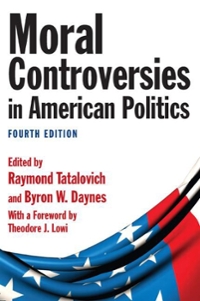Question
In 2004, the U.S. government expected a record 100 million flu vaccine doses to be available, but one vaccine maker, Chiron, could not ship 46
In 2004, the U.S. government expected a record 100 million flu vaccine doses to be available, but one vaccine maker, Chiron, could not ship 46 million doses because of contamination. As a consequence, the government expected a shortage at the traditional price. In response, government and public health officials urged young, healthy people to forgo getting shots until the sick, the elderly, and other high-risk populations, such as health care providers and pregnant women, were inoculated. The public spirit failed to dissuade enough healthy people. Perversely, the high-priority adult population was the group most likely to show self-control and not ask for a shot (de Janvry et al., 2010). Consequently, federal, state, and local governments restricted access to the shots to high-risk populations. Again, in 2009 and 2010, when faced with shortages of the H1N1 "swine flu" vaccine, most government agencies restricted access to the highest risk groups. In most non-health-related goods markets, prices adjust to prevent shortages. In contrast, during the flu shot shortage, governments didn't increase the price to reduce demand but relied on exhortation and formal allocation schemes. After reading the story about the Flu Vaccine, what do you think were the policy alternatives open to the Government?
Step by Step Solution
There are 3 Steps involved in it
Step: 1

Get Instant Access to Expert-Tailored Solutions
See step-by-step solutions with expert insights and AI powered tools for academic success
Step: 2

Step: 3

Ace Your Homework with AI
Get the answers you need in no time with our AI-driven, step-by-step assistance
Get Started


